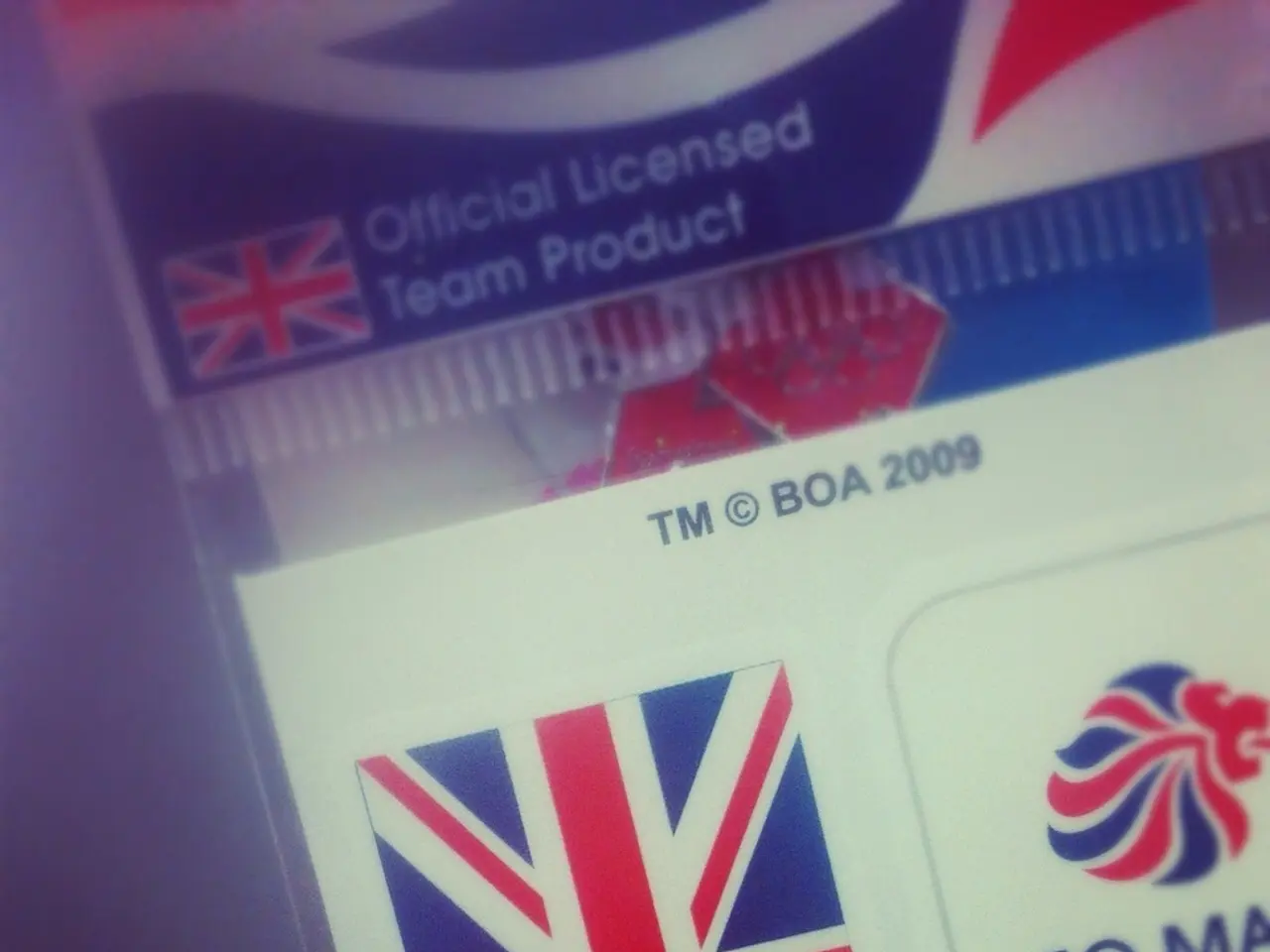NFL has implemented stricter rules concerning the accessibility of smelling salts for players, explained below.
In the world of professional football, a significant change has been implemented regarding the use of smelling salts. The National Football League (NFL) has prohibited teams from distributing smelling salts or ammonia inhalants during games, pregame, halftime, on sidelines, or in locker rooms [1][2][3]. However, players are still permitted to use their own smelling salts, albeit without team involvement.
This decision stems from a 2024 Food and Drug Administration (FDA) warning that highlighted a lack of evidence supporting the safety or efficacy of smelling salts and ammonia inhalants for improving mental alertness or energy enhancement [1][2][3]. The FDA also noted potential negative effects from their use, including the risk of masking neurological signs and symptoms, particularly those related to concussions.
The NFL’s Head, Neck, and Spine Committee recommended this ban due to these safety concerns, as masking concussion symptoms could lead to players continuing to play while injured, potentially worsening their condition [1][2][3].
Prominent players such as George Kittle have publicly expressed their dismay about the ban, underscoring how common the use of smelling salts has been on NFL sidelines for providing alertness boosts [3]. Despite this, the NFL's priority remains the health and safety of its players, and the ban aims to improve player safety and proper concussion identification.
It's important to note that using smelling salts after a concussion can artificially elevate arousal levels, potentially masking telltale signs of the injury. Smelling salts can complicate an injury before it's been formally evaluated, and inappropriate and frequent use can lead to adverse events like shortness of breath, seizures, and migraines [1][2][3].
If a player continues to use smelling salts after a concussion, it can worsen the injury due to the potent ammonia gas triggering a sudden, automatic jolt of the head and neck. The long-term effects of repeated exposure to smelling salts are not well understood.
Smelling salts, made of ammonium carbonate, have a history dating back to the 17th century, where they were initially derived from the horns of male deer. Today, they are used primarily to prevent and treat fainting. In the absence of evidence that smelling salts actually improve anything, it's reasonable to prioritize someone's health over an unproven substance.
In contrast to the NFL, the Federal Aviation Administration requires U.S. airlines to carry smelling salts onboard. While their role in football may be diminishing, they continue to play a crucial part in aviation safety.
Despite the ban, it's worth mentioning that athletes like Tom Brady have used smelling salts in the past. Recent estimates suggest one concussion occurs every two NFL games, emphasising the importance of proper concussion management in the league.
In conclusion, the NFL's decision to ban the distribution of smelling salts during games is a step towards ensuring player safety and proper concussion identification. While the use of smelling salts may have been common, the potential risks associated with their use outweigh the perceived benefits, making this a necessary move for the league.
[1] NFL.com, "NFL Prohibits Use of Smelling Salts During Games", 2024. [2] FDA.gov, "FDA Warns Against Use of Smelling Salts for Energy Enhancement", 2024. [3] ESPN.com, "George Kittle Speaks Out Against NFL's Smelling Salts Ban", 2024.
- The NFL's ban on the distribution of smelling salts during games also extends to Defi, as these inhalants are considered risky due to their potential to mask concussion symptoms.
- In contrast to the increasingly restrictive approach towards smelling salts in sports, the American Investment Retirement Account (IRA) may consider investments in Defi platforms, which offer higher yields but come with a higher risk profile.
- TheBehavioral Economics research suggests that fans' credit ratings could be impacted by their team's performance in American Football leagues like the NFL or NBA, as emotionally invested supporters may prioritize spending on team merchandise over financial obligations.
- Some cryptocurrency platforms, such as Decentralized Finance (DeFi), are beginning to incorporate Environmental, Social, and Governance (ESG) considerations into their lending practices, aiming to reduce risk and promote responsible behavior.
- During a charity football match organized by the military, fire safety guidelines were strictly enforced: players were banned from using smelling salts, as their sudden effect could potentially spark a fire in packed locker rooms or on the field.






